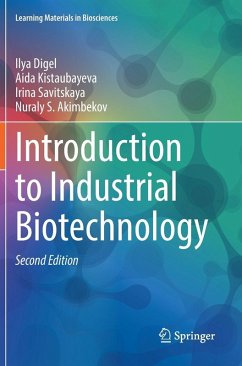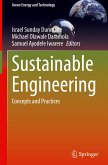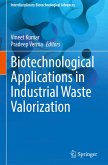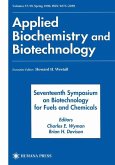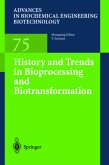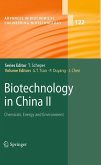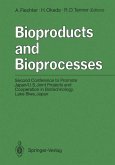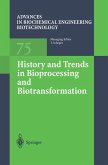This book provides a comprehensive, student-friendly introduction to modern industrial biotechnology, presenting the essential principles, processes and applications that drive this dynamic field. It provides readers with the theoretical and practical knowledge needed to understand and innovate in the sustainable production of bio-based products using biological systems.
Industrial biotechnology, also known as white biotechnology, uses microorganisms, enzymes and biological agents for manufacturing processes that replace traditional chemical methods. This book explores how biological agents such as bacteria, yeasts, fungi and engineered cells are selected, cultured and optimised to produce valuable substances such as biofuels, organic acids, antibiotics, enzymes and biomaterials. It goes into pre- and post-processing, fermentation technologies, immobilised bioagents and the production of renewable energy sources, highlighting their role in the creation of environmentally friendly and economically viable alternatives. The book focuses on the scientific foundations of biotechnological production processes, from genetic engineering and cell culture to bioreactor design and operation. It also addresses the technological challenges and solutions for scaling up biological systems for industrial use, such as sterilisation, purification and quality control.
In addition, the book explores bioenergy, biopesticides, probiotics, microbially synthesised products and biosafety in microbiological production. These topics are of great relevance as the world faces a growing demand for sustainable production methods that reduce dependence on fossil resources and reduce environmental impact. Industrial biotechnology offers promising solutions for the energy, agricultural, food and pharmaceutical sectors, contributing to the circular economy and global health. By systematising current research and practical methodologies, this book aims to bridge the gap between scientific discovery and industrial application. It serves as a fundamental resource for understanding how to design efficient biotechnological processes that are safe and effective.
This book is targeted at students of biotechnology, bioengineering and life sciences, as well as educators and professionals who wish to acquire a deeper understanding of industrial biotechnology and its role in sustainable development.
Industrial biotechnology, also known as white biotechnology, uses microorganisms, enzymes and biological agents for manufacturing processes that replace traditional chemical methods. This book explores how biological agents such as bacteria, yeasts, fungi and engineered cells are selected, cultured and optimised to produce valuable substances such as biofuels, organic acids, antibiotics, enzymes and biomaterials. It goes into pre- and post-processing, fermentation technologies, immobilised bioagents and the production of renewable energy sources, highlighting their role in the creation of environmentally friendly and economically viable alternatives. The book focuses on the scientific foundations of biotechnological production processes, from genetic engineering and cell culture to bioreactor design and operation. It also addresses the technological challenges and solutions for scaling up biological systems for industrial use, such as sterilisation, purification and quality control.
In addition, the book explores bioenergy, biopesticides, probiotics, microbially synthesised products and biosafety in microbiological production. These topics are of great relevance as the world faces a growing demand for sustainable production methods that reduce dependence on fossil resources and reduce environmental impact. Industrial biotechnology offers promising solutions for the energy, agricultural, food and pharmaceutical sectors, contributing to the circular economy and global health. By systematising current research and practical methodologies, this book aims to bridge the gap between scientific discovery and industrial application. It serves as a fundamental resource for understanding how to design efficient biotechnological processes that are safe and effective.
This book is targeted at students of biotechnology, bioengineering and life sciences, as well as educators and professionals who wish to acquire a deeper understanding of industrial biotechnology and its role in sustainable development.

